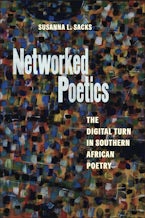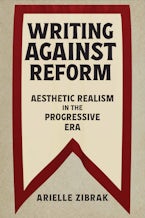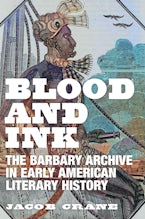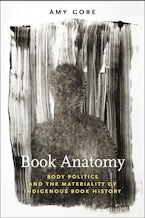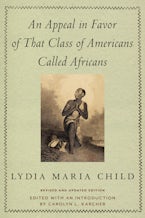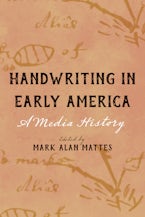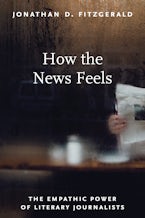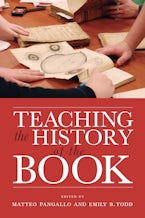- Home
- Tolerable Entertainment
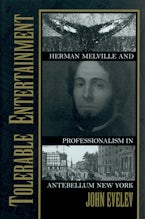
Tolerable Entertainment
Herman Melville and Professionalism in Antebellum New York
by John Evelev
Published by: University of Massachusetts Press
248 Pages, x 1.10 in
Other Retailers:
In Tolerable Entertainment, Herman Melville's life and literary work serve as windows on the tumultuous world of antebellum New York City. Charting Melville's writings from Typee (1846) to Pierre (1852) as responses to his experience of living in the city, this book reveals the dramatic shifts in American life occurring at the time.
Perhaps more than any other nineteenth-century writer, Melville has been read and understood in the context of his career, embodied in a narrative of the trajectory from immature emergence, through brilliant ascendance, to collapse into neglect. Moving beyond these stereotypes, John Evelev uses Melville's writings to place the concept of "career" within a historical framework, as part of the ideological project of a new middle-class professionalism. He describes a meritocratic ethos of competitive specialization and expertise that distanced itself from both the deskilling of industrialized labor and the older professional arrangement of elite patronage. By exploring the intersections of class and culture in antebellum America, Evelev offers a new perspective on Melville's literary career.
Tolerable Entertainment reads Melville's life and work in relation to such cultural developments as the famous "high/low" theater riots at Astor Place and the rise of the lyceum circuit, a forum for celebrity lecturers to reach the new urban "middlebrow" audience. The book also considers such transformations in antebellum social attitudes as urban workers' protests against industrialization and the growth of the "self-culture" of the new urban middle class, with the emergence of vocational associations and professional specialization.
Evelev's readings run against the grain of modern Melville scholarship by emphasizing not the values of individualism and democracy that have led critics to construe Melville's writings as central to the American canon, but rather the ambivalent cultural and vocational distinctions of the developing middle class to which Melville belonged.
Perhaps more than any other nineteenth-century writer, Melville has been read and understood in the context of his career, embodied in a narrative of the trajectory from immature emergence, through brilliant ascendance, to collapse into neglect. Moving beyond these stereotypes, John Evelev uses Melville's writings to place the concept of "career" within a historical framework, as part of the ideological project of a new middle-class professionalism. He describes a meritocratic ethos of competitive specialization and expertise that distanced itself from both the deskilling of industrialized labor and the older professional arrangement of elite patronage. By exploring the intersections of class and culture in antebellum America, Evelev offers a new perspective on Melville's literary career.
Tolerable Entertainment reads Melville's life and work in relation to such cultural developments as the famous "high/low" theater riots at Astor Place and the rise of the lyceum circuit, a forum for celebrity lecturers to reach the new urban "middlebrow" audience. The book also considers such transformations in antebellum social attitudes as urban workers' protests against industrialization and the growth of the "self-culture" of the new urban middle class, with the emergence of vocational associations and professional specialization.
Evelev's readings run against the grain of modern Melville scholarship by emphasizing not the values of individualism and democracy that have led critics to construe Melville's writings as central to the American canon, but rather the ambivalent cultural and vocational distinctions of the developing middle class to which Melville belonged.
John Evelev is assistant professor of English at the University of Missouri–Columbia.
"Tolerable Entertainment is always challenging, smart, and inventive, and the fact that from cover to cover the author's professional prose remains jargon-free makes it an accessible read. It will undoubtedly add significantly to our understanding of Melville's work and social surroundings—Leviathan: A Journal of Melville Studies
"Evelev's scholarship is an imaginative blend of historicist analyses of changing conditions in New York's publishing world and theoretical references to critics of the social domain of literary production. . . . His presentation is remarkably lucid, jargon free, and seamless in its argument."—Wyn Kelley, author of Melville's City:
Urban and Literary Form in Nineteenth-Century New York
"This is a very thoughtful and well-researched work of scholarship. It will add to the field in a number of different ways, shedding light on both Melville's emergence and the whole idea of what it meant to be a 'professional' writer in the seminal years of the American Renaissance. Evelev's merger of history and literature is highly welcome, and will illuminate our understanding of the volatile environment that produced our most challenging author."—Edward L. Widmer, author of Young America:
The Flowering of Democracy in New York City

